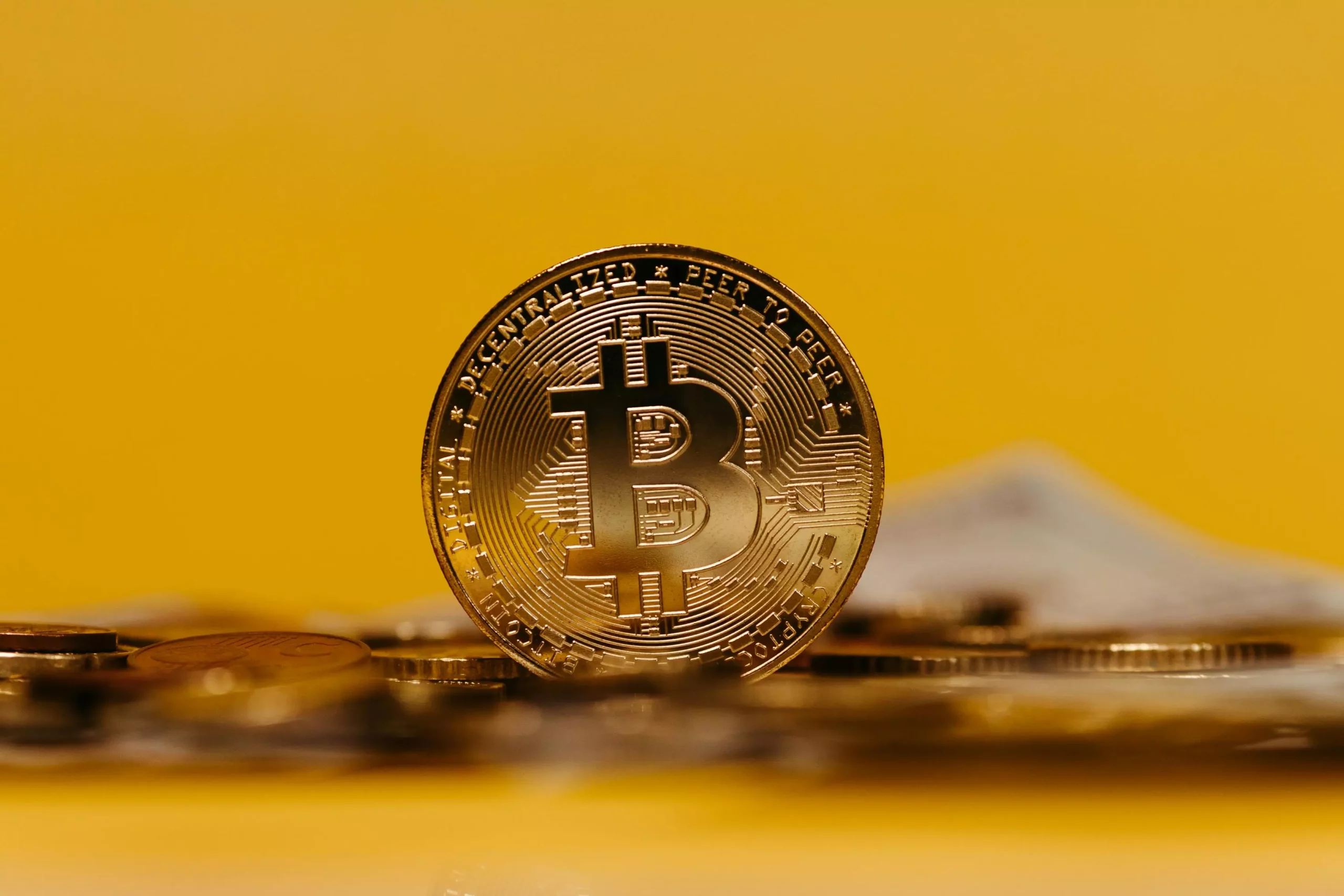As discussions surrounding cryptocurrencies gain traction in mainstream financial dialogue, the suggestion of a U.S. Bitcoin Strategic Reserve has emerged as a noteworthy topic, especially following President-elect Donald Trump’s remarks. Proponents argue that establishing this reserve would position the United States at the forefront of the burgeoning global cryptocurrency market. The underlying rationale is that such a stockpile could enhance national security, economic resilience, and technological competitiveness in what has become a volatile sector.
However, skepticism also exists within the cryptocurrency community regarding the practicality and potential impact of this proposed reserve. This skepticism is particularly evident from industry leaders like Ki Young Ju, CEO of CryptoQuant, who expresses doubt about whether such a reserve would come to fruition under the new administration’s policy framework. Ju’s insights suggest that the prospect of a Bitcoin reserve might be met with significant political resistance, rooted in concerns over the broader implications for U.S. dollar dominance and economic stability.
Ju’s perspective reflects a historical context where, during times of perceived economic threat, alternative assets such as gold often surged in value. This scenario has prompted a renewed interest in Bitcoin as another potential safe haven asset, akin to gold. However, Ju argues that the U.S. economy remains robust, evidenced by continued confidence in the dollar and American economic dominance on the global stage. For him, the absence of a genuine threat to this supremacy makes the justification for a Bitcoin Strategic Reserve tenuous.
In fact, a cursory look at the statistics reveals that as of 2022, the U.S. accounted for 37.8% of global Bitcoin processing, solidifying its position as a leader in cryptocurrency mining. This dominance, Ju posits, is likely to influence the incoming administration’s decisions regarding Bitcoin and cryptocurrencies more broadly. If the economy continues to showcase strength and stability, it diminishes the urgency behind establishing a Bitcoin reserve.
Further complicating the discussion is the unpredictable nature of political dynamics. Ju speculates that Trump’s approach to cryptocurrencies could evolve depending on the economic landscape he encounters. If he manages to affirm the U.S. economic resilience while simultaneously enhancing his approval ratings, he may be inclined to re-evaluate his pro-Bitcoin stance. This would signify a strategic pivot, wherein the administration could focus on reinforcing traditional economic pillars rather than venturing into the complexities of cryptocurrency management.
Interestingly, the political implications of backing or refuting Bitcoin could stir mixed reactions among Trump’s voter base, especially considering that many constituents are drawn to the notion of financial innovation and independence that cryptocurrencies embody. Ju posits that this balancing act—between championing Bitcoin and maintaining traditional economic policies—could ultimately lead to a dilution of Trump’s initial enthusiasm for cryptocurrencies.
The debate surrounding the Bitcoin Strategic Reserve also opens up broader discussions about the future of U.S. economic policy in the face of rapidly evolving technology and financial systems. The global nature of cryptocurrency calls for an adaptive regulatory framework that can account for innovation while safeguarding economic interests.
Analysts will be watching closely for signals from the administration regarding its priorities in the crypto space. Should significant geopolitical shifts occur or if confidence in the dollar wavers, the narrative around Bitcoin may transform dramatically. However, for now, Ju’s assessment aligns with a prevailing sentiment: confidence in the U.S. dollar remains strong, and calls for a Bitcoin reserve will only gain momentum if the country’s global economic stature appears genuinely threatened.
While the idea of a U.S. Bitcoin Strategic Reserve sparks interest and debate, it seems tethered to broader economic conditions and political sentiment. As the new administration takes shape, its approach to cryptocurrencies could redefine America’s position in this unprecedented financial landscape, but for the moment, the future of such a reserve remains uncertain.















